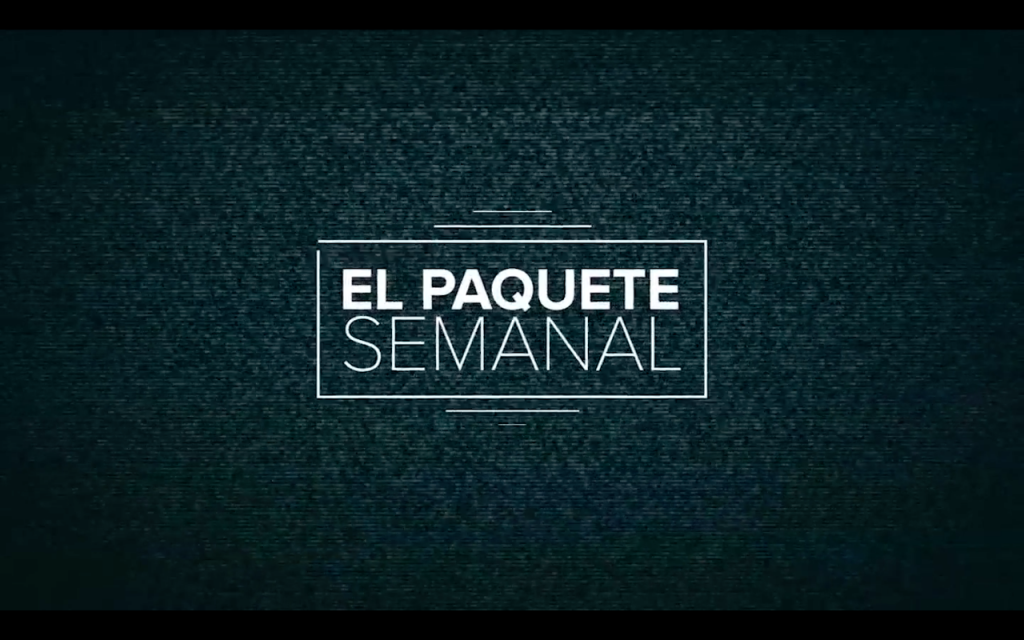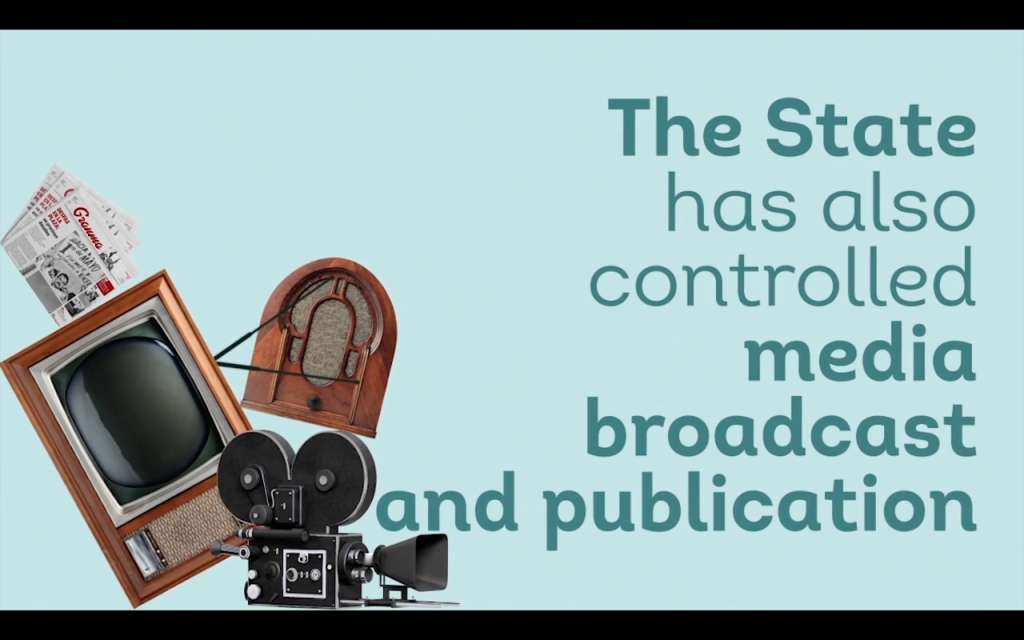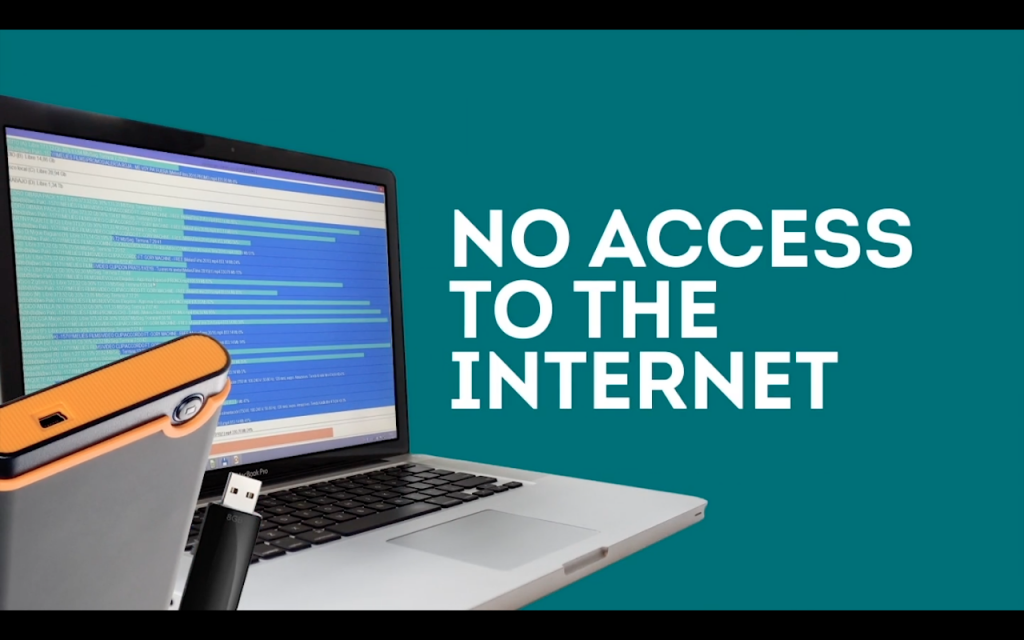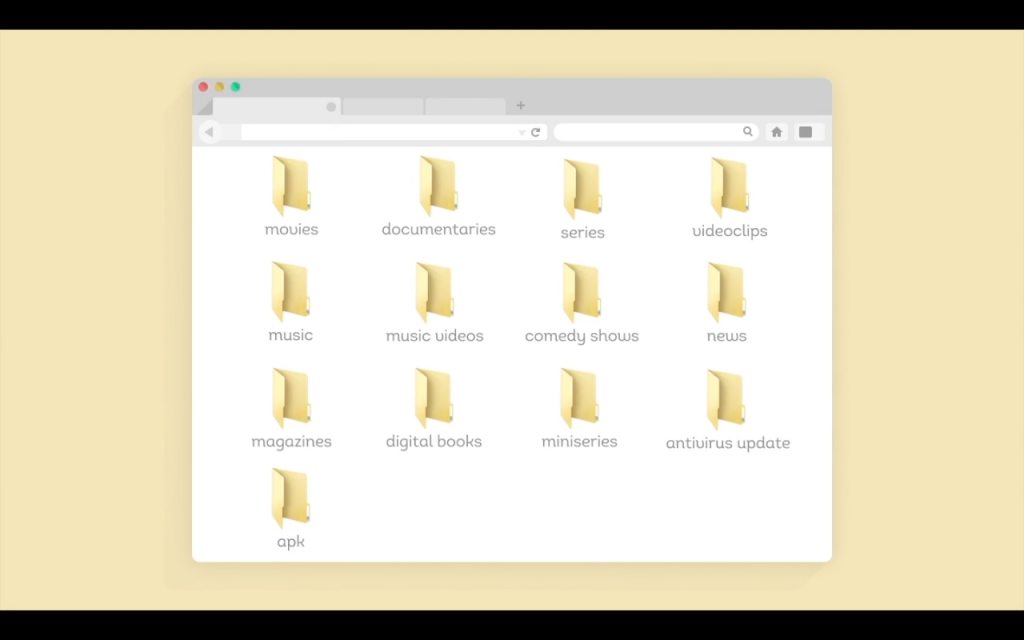
Julia Weist & Nestor Siré
ARCA [extra], 2018
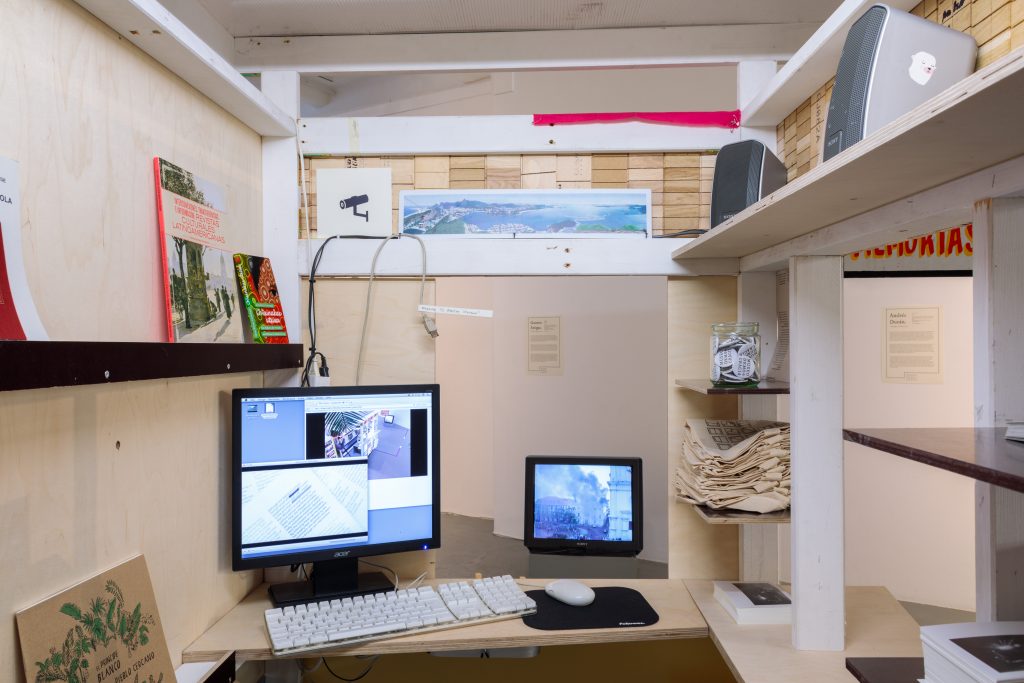
Downloadable digital directory of files
4,99 GB
Digital
ARCA [Extra] is a digital directory of downloadable files created from research into a creative social strategy related to the absence of internet connectivity in Cuba: the Paquete Semanal [Weekly Package], which feeds the country a weekly collection of offline content on 1TB digital media, transported in boxes of hard drives.
This largely entertainment material excludes pornography and politics, and its distribution has roots in Cuba’s clandestine systems of the 1970s. Since the late 2000s, the Paquete Semanal, which costs 2 CUC, has become an industry that reaches almost all Cubans. A full download costs 2 dollars, and is a relative but affordable luxury for most.
The digital copying system is technically illegal, but accepted by the Cuban government, which does not apply the law to it. This “information traffic” is a decentralised phenomenon, without a hierarchical structure, but of the clients. Anyone can re-appropriate the package and readapt it, put a logo on it and resell it, like a creative commons, shaping a user-generated economy with its own content distribution dynamics. This gives rise to the emergence of phenomena such as Packetubers, teenagers who share videos through the packet and use sms and calls to contact their followers, translating the interactivity of the internet into the Cuban offline condition.
Weist and Siré’s work operates as a time capsule; a work-device composed of 6 folders with files to consult and copy from a computer installed in the Kiosco, under the sign that announces “memories are filled”, emulating the interactivity of the distribution points of the weekly packet on the island.
Index of categories in ARCA [extra]
- Original content: a complete collection of original content created in Cuba for the paquete, including digital magazines, advertisements, and shows devoted to entertainment, sports, celebrity gossip, and local culture.
- Matrices: an archive of the promotional logos of Cuban distributors, or matrices, ranging from 1980s VHS rentals to DVD vendors to the el Paquete Semanal studios.
- !!!A R T Section: a complete archive of the artist projects presented in !!!Sección A R T E, a project by Siré to circulate contemporary art in an eponymous folder as part of the paquete
- El Paquete Semanal (national archive): a collection of content and screenshots that documents the architecture of folders of every sub-matriz, or regional distributor, in Cuba.
- Selection of photos: a collection of high-quality images related to the Paquete Semanal, including photos of the PCs used by matrices and of boxes that are built by hand to transport hard drives from one city to another.
- ARCA [Extra] Museo de la Democracia: a folder of content compiled exclusively for this exhibition, including research articles related to the works in the museum’s temporary collection, free of copyright.
Infomercial, 2017
Single-channel video with sound, looped in English and Spanish.
Teaser 3:35 minutes (English) / Full length 16:48 minutes (English), 19:32 minutes (Spanish)
Produced in collaboration with ETRES
ETRES is Cuba’s first ad agency since the Cuban Revolution in 1959, and the platform for their work is El Paquete Semanal. Weist and Siré contracted them to create a motion-graphics “infomercial” illustrating the historical, social, and economic conditions that led to El Paquete. The system’s roots extend to the 1970s, when after more than 10 years of full governmental control of media, an underground novel rental industry was developed, assuming a national exchange network. This network evolved to circulate new media: VHS tapes beginning around the late 1990s, and DVDs toward the mid 2000’s. Finally, El Paquete Semanal took advantage of the increasing presence of satellite TV antennas to access pirated media, the availability of personal electronic devices, and the emergence of a small number of institutional internet connections. While the digital copy-system is technically illegal, it is tacitly permitted through non-enforcement by the government.
A full download of El Paquete Semanal (the Weekly Package) normally costs 2 CUC (approximately 2 dollars), making it a relative luxury, though affordable for most Cubans.
Julia Weist. New York, 1984 & Nestor Siré. Nuevitas, Cuba, 1988
American artist Julia Weist and Cuban artist Nestor Siré have been collaborating since 2016. Their work has been recently exhibited at the Queens Museum (New York), the Gwangju Biennale (Gwangju, South Korea), the Hong-Gah Museum (Taipei), Galería MPA (Madrid) among other institutions. They have written about their collaboration for publications such as Frieze, Rhizome and Triple Canopy and have lectured widely at venues such as The New Museum, Williams College Museum of Art, The MIT Open Documentary Lab and Art Basel Miami. They have been awarded a Jerome Foundation Fellowship, a Camargo Foundation Fellowship and a Media Arts Assistance Fund Grant from New York State.
Web Julia Weist: http://work.deaccession.org/
Web Nestor Siré: http://www.nestorsire.com
